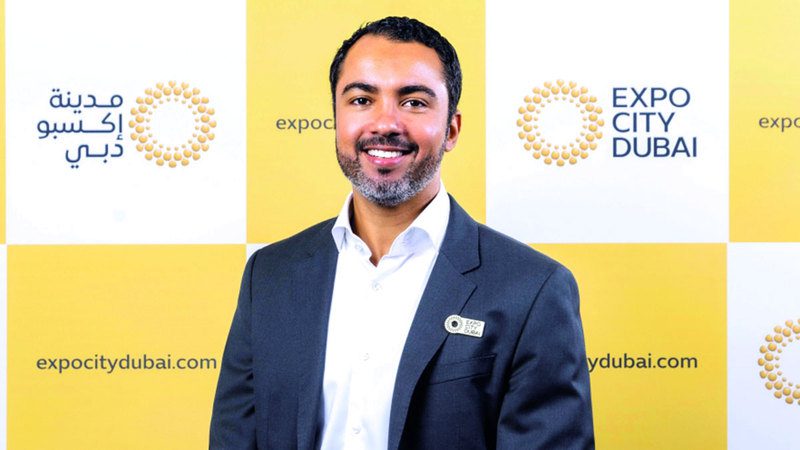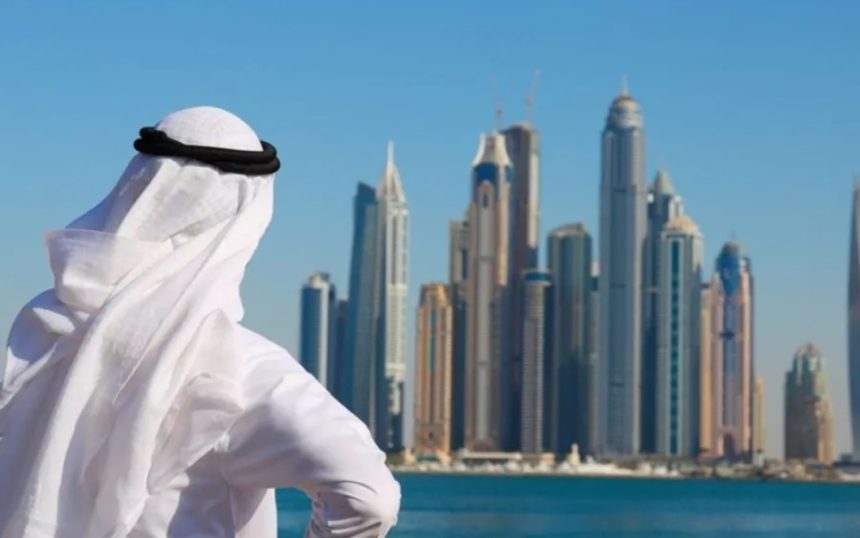Emirati citizens welcomed the decision that limits the use of the Emirati dialect in official media to Emirati citizens only.
They called it a bold step toward protecting heritage and national identity.
Others—especially non-citizen media professionals—raised questions about the boundaries of the decision and how it could be implemented without negatively affecting cultural diversity and engagement.
Some also expressed concern that the policy could stifle creativity and expression in the media.
Besides that it limits the reach of Emirati dialect content to broader audiences.

What is the Emirati Dialect ?
The Emirati dialect is a variety of Gulf Arabic spoken by Emiratis—the citizens of the UAE.
It’s one of the regional dialects of Arabic and is distinct in its pronunciation, vocabulary, and expressions.
It’s also a part of the Peninsular (Gulf) Arabic group, which includes dialects from Saudi Arabia, Kuwait, Qatar, Bahrain, and Oman.
Each emirate in the UAE (like Abu Dhabi, Dubai, Sharjah, etc.) has subtle variations in how people speak.
But all are mutually intelligible to Emiratis.
The dialect often carries a warm, respectful tone, especially when addressing elders or guests.
Details of the Decision that Limits the Use of Emirati Dialect:
Emirati authorities have recently issued a decision limiting the use of the Emirati dialect in official media to Emirati citizens only.
The new media policy has already been in effect for around three months.
It mandates that anyone speaking in the Emirati dialect must be an Emirati citizen.
He must also wear the traditional dress to ensure an accurate representation of the Emirati community and protect its cultural identity.
The decision comes as a response to what the authorities described as “distortion of the Emirati dialect” in some media content.
Monitoring of compliance has already begun since the decision took effect.

A Clear Direction to Enhance Authenticity in Media
The UAE media is split into two levels:
- Official media represented by major national institutions
- Personal media, represented by individual influencers on their private platforms
Accordingly, it is important to target the appropriate audience and tailor the messages to fit the nature of the recipients.
Social media commentators saw the move as a clear direction by UAE authorities to enhance authenticity in media messaging.
And also to reduce non-Emiratis attempts to imitate or distort local cultural components.
Especially as the Emirati dialect has been increasingly used inaccurately on social media and digital platforms.
In a unique visual spectacle that embodies the intersection of heritage and innovation, the UAE Pavilion at Expo 2025 Osaka-Kansai rises in the form of an enchanting forest of wooden columns. pic.twitter.com/xnGUt3cEUF
— UAE Voice (@uae_voiceeng) April 14, 2025
What are the Risks ?
The authorities were prompted to act due to the emergence of “hybrid” language patterns in media content produced by non-citizens.
These are often presented as “Emirati” but typically lack accuracy and cultural depth.
Officials believe this uncontrolled usage could weaken the linguistic identity of the country and potentially misrepresent the culture.
Still, media professionals argue that many non-Emiratis working in the field speak the Emirati dialect fluently and use it to celebrate the culture and the nation, questioning whether this new rule might cost them their jobs.
Time will tell how the media community will respond and whether this policy could pave the way for similar initiatives in other sectors to safeguard Emirati identity.





